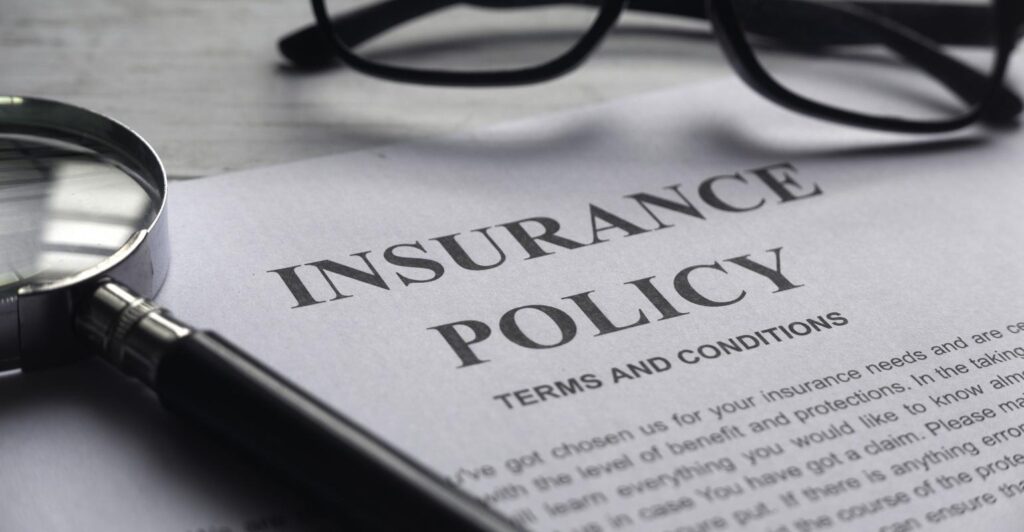Here’s how restaurant operators should rethink their approach to liability and insurance
Around 46% of operators surveyed said that they do not have workers’ compensation insurance, according to new data from Aon and CoverWallet
19 December 2023
Share this exclusive content from Saladplate

Photo Credit: Mohamad Faizal Bin Ramli /iStock / Getty Images Plus
While many restaurant operators are primarily focused on everyday operations and budgets, they should be paying more attention to legal liabilities, according to the results of a survey of 250 independent operators released by risk management company, Aon and its subsidiary, small business insurance platform, CoverWallet.
According to the data, more than half (56%) of restaurant operators do not fully understand the risks and liabilities of running their business, which include safety hazards, cyber attacks, and several types of liabilities that could occur from serving liquor.
“Restaurant owners are moving at the speed of light and with the economy and everything going on right now, margins are king,” Randy Storm, director of sales and account management for CoverWallet told Nation’s Restaurant News. “They may have a preconceived notion that the cost of some of these coverages and protection is greater than what it might actually be… and they don’t have any reference point to understand that if something does go south, how much more it will cost to cover that unfortunate situation just because you don’t have coverage.”
Two of the most important types of insurance coverage for a restaurant are workers’ compensation insurance and cyber liability insurance—to cover employee injuries and illnesses on the job, as well as losses that might incur through data breaches and hacking. Even though workers’ compensation is one of the most common types of business insurance, 115 out of the 250 operators surveyed did not have it. This datapoint is particularly surprising because workers’ compensation insurance is a requirement (at least in part) in every single state except Texas.
“Firstly, you’re putting your business at risk if you don’t have it—one state fines you $2,000 for every two weeks of noncompliance…and they can do a stop-work order until you’re in compliance,” Storm said. “It’s also a huge protection to you. With medical costs going up — just walking into an emergency room can cost $800 — insurance is the sole remedy to protect you and your employees and business.”
Although workers’ compensation might be mandatory in most places, most places in the United States do not require cyber liability insurance. But with the rise of data breaches and ransomware attacks (two in the last year alone among major restaurant chains: Chick-fil-A and Yum Brands, it is a crucial area of coverage to consider. According to the data, 218 out of the 250 operators surveyed do not have cyber security insurance, which is not all that surprising for a group of independent operators.
“There are different levels of coverage available…but it covers that basic cost, whenever [a breach] happens,” Storm said. “You are required to send out notices to anybody who’s impacted, and are generally required to provide a service monitoring… in case that person did get personal identifiable information… this is why cyber security insurance is probably the single hottest insurance product out there right now.”
His bottom-line advice for restaurant operators trying to figure out what level of liability coverage is best for them? Work with an agent or broker to make sure your insurance coverage is up to date and covers anything that might or could happen in your place of business.
“If your business changes or the environment changes, get advice, ask for a risk profile that looks at what things you could be exposed to,” Storm said. “Especially if you’re adding or decreasing the number of employees, how is that impacting the cost of coverage? Do everything you can to make sure you’re still in compliance with workers comp.”

Source: Nation’s Restaurant News



